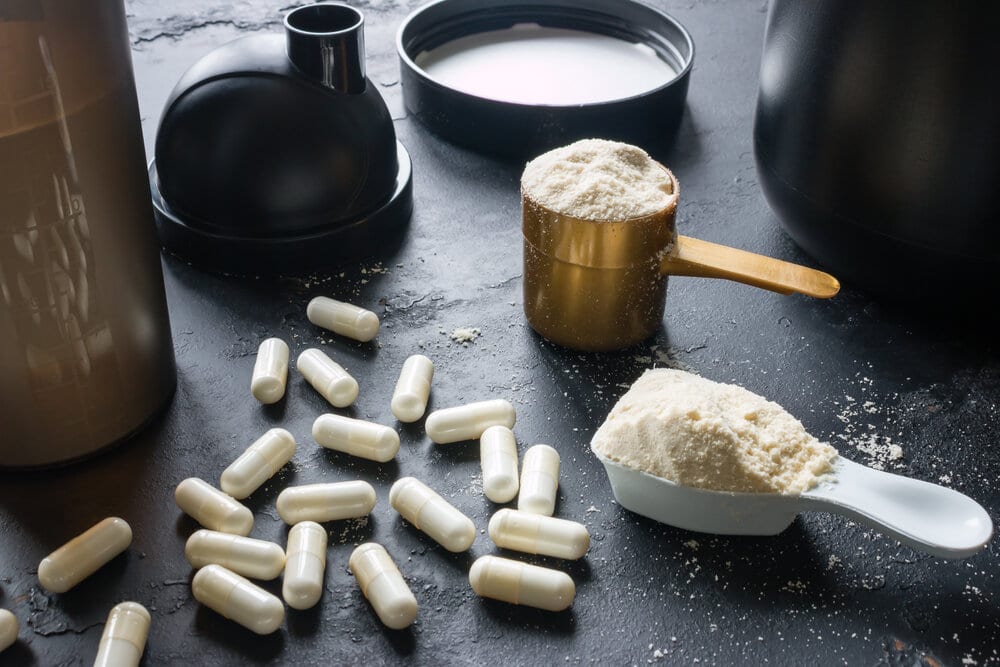Protein powders are a popular supplement among athletes and fitness enthusiasts. They come in many forms, including plant-based proteins (soybeans, peas, rice, potatoes, or hemp), eggs, and milk proteins (casein or whey protein).
But have you ever wondered how protein powder is made?
Types of Protein Powder
Protein powders vary in ingredients and manufacturing methods. Whey protein is derived from the cheesemaking process. After the milk passes quality tests, enzymes are added to separate the curd from the liquid whey.
The liquid whey is then pasteurized and the protein is concentrated and isolated. The two main methods used to achieve this are membrane filtration and ion exchange technology.
Casein protein also comes from milk but uses different processes to isolate it from other dairy components. One method starts by separating out the fat molecules with a centrifuge before removing lactose and minerals through acidification or ultrafiltration.
Another method skips centrifugation altogether by blending casein with calcium phosphate salts to separate fat molecules without using heat or chemical solvents.
Plant-based proteins—such as those derived from soybeans, peas, rice, potatoes, or hemp—are processed differently than animal-based proteins like whey or casein.
Plant-based proteins are extracted using either mechanical pressing of whole grains or enzymatic hydrolysis. Mechanical pressing involves grinding up whole grains and forcing them through a press to remove oils; however, this method does not yield very pure proteins as some starch remains in the final product.
Enzymatic hydrolysis uses enzymes that break down large carbohydrate molecules into smaller ones such as glucose monomers that can be further refined into highly purified protein isolates with no starch content remaining in the finished product.
Whether you’re looking for plant-based proteins like soybean isolate or animal-based proteins like whey concentrate, knowing how protein powder is made can help you make an informed decision when choosing which one is right for you!
Essentially there are two ways of extracting high-quality protein isolates—mechanical pressing (for plant sources) and enzymatic hydrolysis (for animal sources).
Regardless of which type of protein powder you choose for your fitness regimen, understanding its manufacturing process can help ensure that you get the maximum benefit from your supplement choices!
